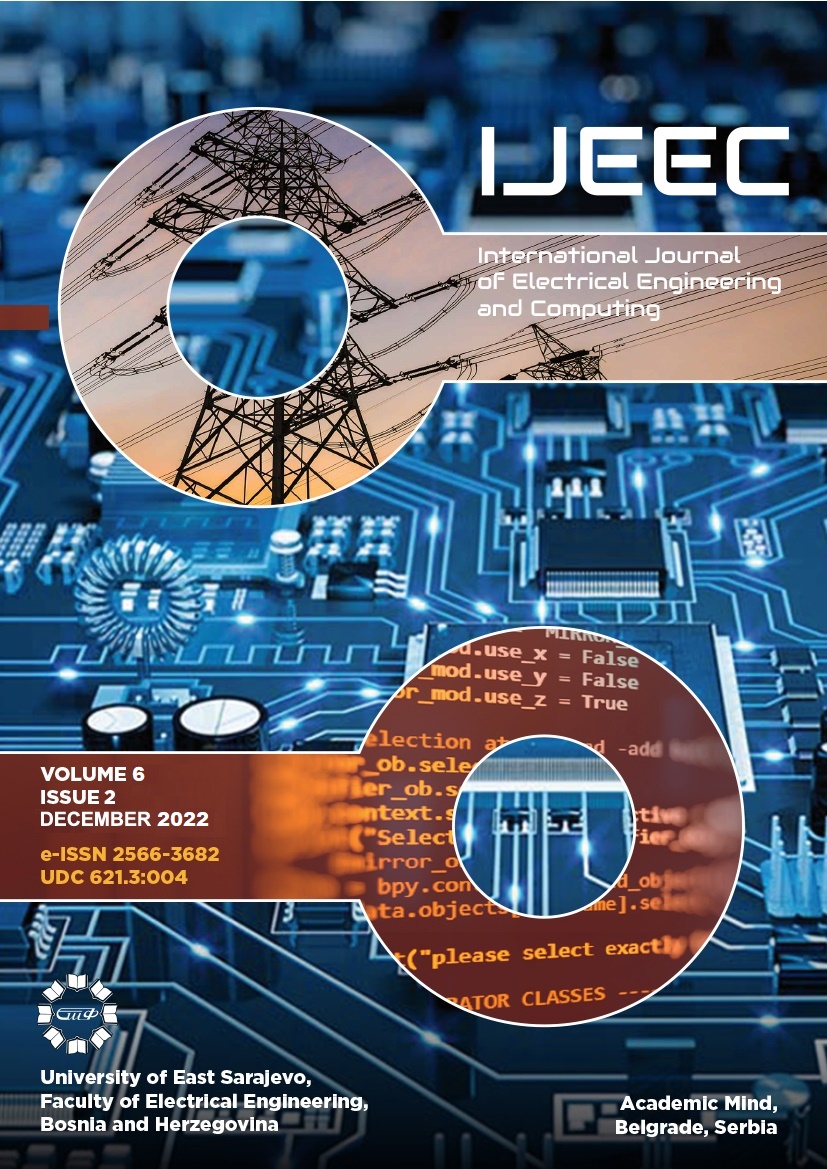An Analytical Design Method of PI and PID Controllers for Industrial Series Cascade Processes With Time Delay Under Robustness Constraints
DOI:
https://doi.org/10.7251/IJEEC2202065BAbstract
In this paper, an analytical method is proposed to design Proportional-Integral (PI) and Proporional-Integral-Derivative (PID) controllers for two-stage industrial series cascade processes with transport delay under robustness constraints. The main rationale behind using series cascade control structure is that the disturbances in the inner loop are suppressed by the secondary controller before being transmitted to the outer loop. The presented design procedure consists of two steps: In the first step, the controller Cb(s) in the inner loop is designed, while in the second step the controller Ca(s) in the outer loop is obtained. The obtained controller is of PI or PID-type structure depending on the number of selected terms used in Maclaurin’s approximation of the transfer function of the high-order controller. By specifying the robustness constraints within design procedure one define values of adjustable parameters to achieve compromise between robustness and performance indicators. The result is efficient suppression of load disturbances, evaluated by the integral of the absolute error (IAE). The step reference response can be additionally reshaped by using Two Degree of Freedom – 2DoF control structure via suitable selection of set-point weighting factor b, 0≤b≤1, which acts on the control signal through displaced proportional action of the controller. The proposed design method is analyzed with simulations on wide class of typical representatives of industrial processes including stable, integral and unstable processes with time delay. A comparison with recent studies shows the effectiveness of the proposed tuning method for industrial cascade processes.

